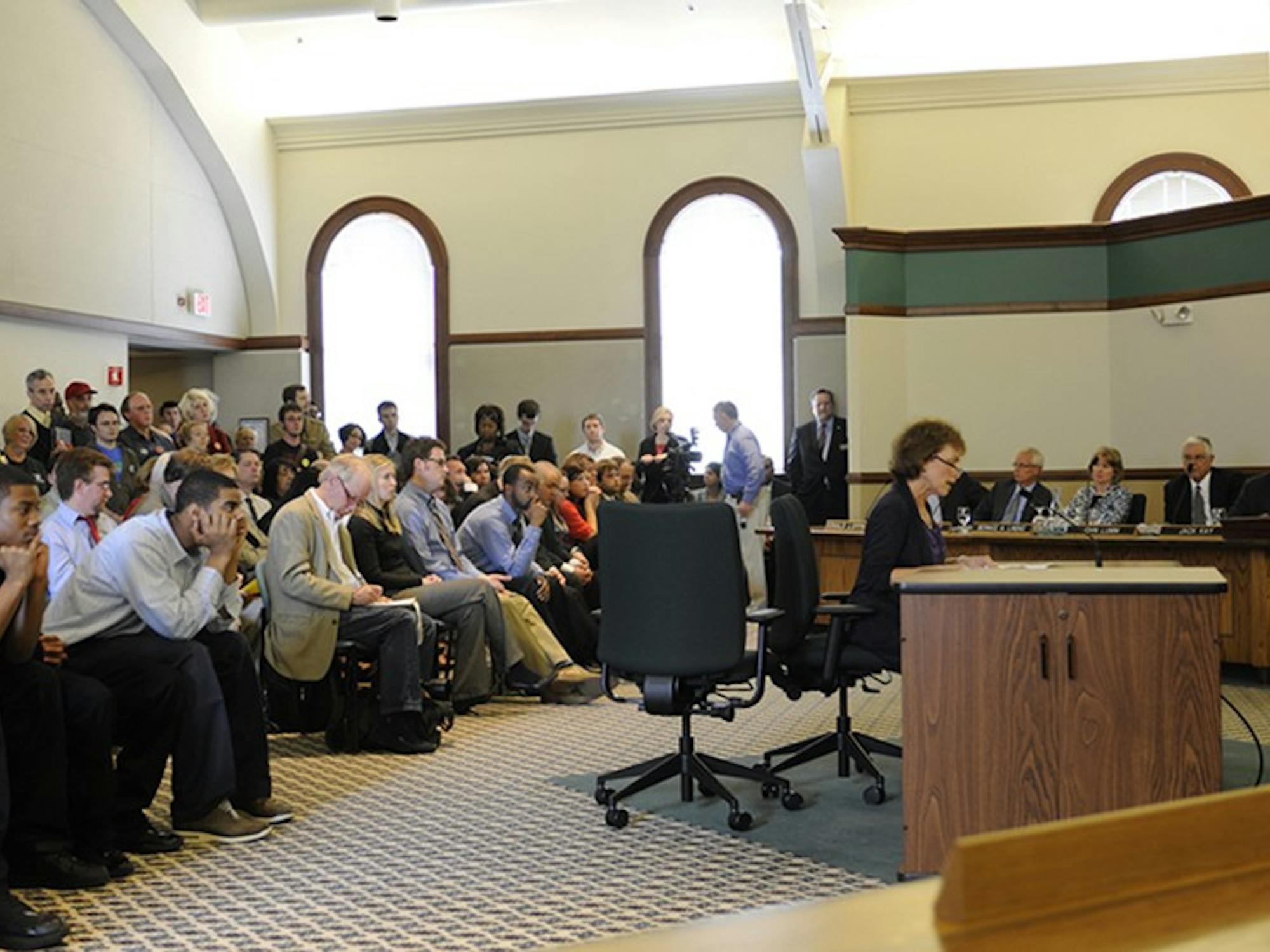Eastern Michigan University announced Friday an agreement was reached with the EMU Federation of Teachers to hold an election for a union that would represent adjunct teaching instructors.
In a statement, Jack Kay, EMU provost and executive vice president, said the agreement will give an additional estimated 500 teachers the opportunity to elect a collective bargaining representative.
The university and the EMU Federation of Teachers have contacted the Michigan Employment Relations Commission to begin the election process, which will be supervised by the commission.
American Federation of Teachers union organizer Greg Pratt said once the ballots are created, there will be a mail-in election and from that date there are three weeks to get the ballots turned back into the Michigan Employment Commission.
“We’re going to be figuring out all of those specifics very soon and we will let folks know the specifics some time at the end of the May,” Pratt said.
Eligible voters, according to Pratt, will be individuals who are adjunct lecturers and taught during winter term.
“That’s not determined by us—just to be clear,” Pratt said. “It’s a sort of precedence from previous elections like this wherein contingent faculty voted to unionize.”
Geoff Larcom, executive director of media relations, said people the union would include instructional staff who are teaching one credit hour or more at the university.
“It won’t include professors, tenured track, already covered by their own faculty unions or full time lecturers who also have their own unions,” Larcom said.
However, all adjunct members do not have to be apart of the union if they choose not according to Pratt.
“Agency shop means that people can choose to be a part of it or opt to not be a part of it,” Pratt said.
Agency shop allows employers to hire union or non-union members and under it, employees are not required to join the union in order to remain employed.
Non-union workers usually have to pay a fee to cover collective bargaining costs.
In this union everyone will have to pay a fee, Pratt said.
“Either way, there are people who are in the bargaining unit who will benefit from the negotiations of a contract for working conditions at the university,” he said. “Everybody pays into the process to support that, but people who are not members of the organization would pay a little less. None of this happens until a contract is negotiated and in place — that is not even a consideration for this vote.”
Once the union members are selected, contract negotiations for an initial agreement would begin this fall term.
Larcom said it is likely the union would be negotiating the terms of payment as well as other things not yet determined.
“They would be negotiating for some sort of basic pay rate associated with each per credit hour rate of teaching,” he said. “I’m not sure what specifics they would be negotiating on, but they would begin this fall.”
“So obviously, people who start teaching this fall would teach under the existing conditions that effect lecturers at the university—as to when that contract would go into effect, I don’t know,” Larcom said.
Pratt said his organization has yet to discuss anything dealing with negotiations in detail.
“We have not talked about this as a group,” Pratt said. “The members have not had a chance to voice what their issues are and what the platform will be.”









